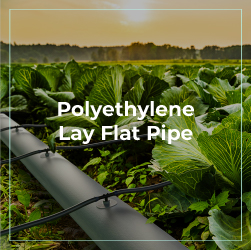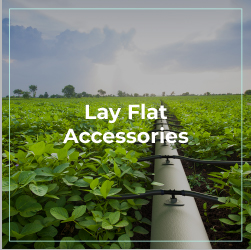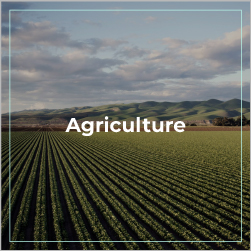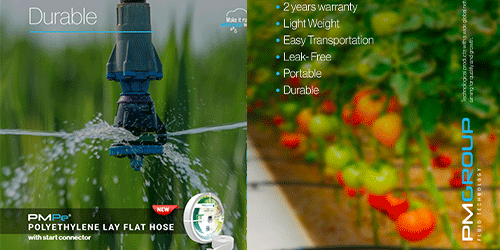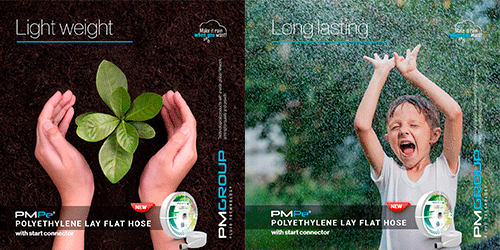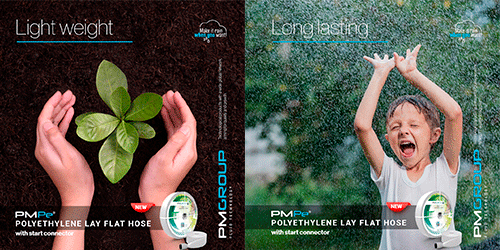Layflat pipe, also known as layflat hoses, are essential tools in various industries due to their versatility and practicality in fluid management. These pipes are designed to lay flat when not in use, allowing for easy storage, handling, and transportation. This article explores the construction, benefits, and applications of layflat pipes, highlighting why they are indispensable in modern operations.
Construction and Design
Typically constructed from durable materials such as PVC, rubber, or polyurethane. They are characterized by their ability to collapse flat when empty or not pressurized, which facilitates compact storage and transportation. These pipes are reinforced with strong synthetic fibers to withstand high pressures while remaining lightweight and flexible.
Beyond their practical applications, layflat pipes contribute to environmental sustainability by facilitating efficient water management. In agriculture, for instance, these pipes reduce water wastage by delivering water precisely where needed, promoting sustainable irrigation practices. Moreover, their durability and reusability minimize the environmental impact associated with frequent replacements, aligning with global efforts towards resource conservation. As industries continue to prioritize efficiency and environmental responsibility, layflat pipes play a crucial role in achieving these goals across various sectors.
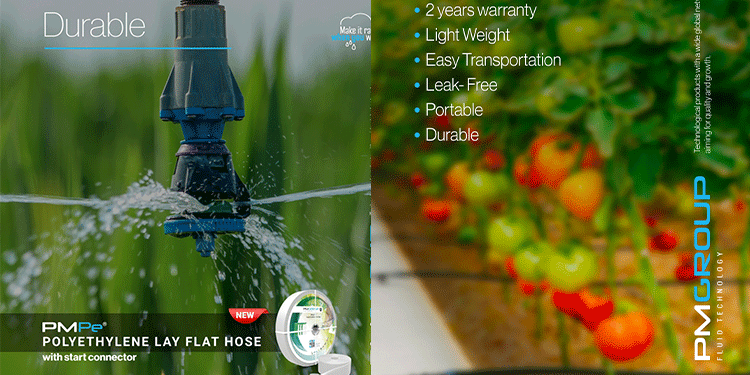
Advantages of Layflat Pipes
- Space Efficiency: One of the primary advantages of layflat pipes is their ability to be easily rolled up or folded flat, saving significant storage space compared to rigid pipes.
- Flexibility and Maneuverability: Due to their flexible nature, layflat pipes are easy to maneuver and deploy in various applications, including agriculture, construction, mining, and firefighting.
- Resistance to Abrasion and Weather: Layflat pipes are designed to be resistant to abrasion, UV rays, and adverse weather conditions, ensuring durability and longevity in harsh environments.
- Versatility in Applications: These pipes are used in a wide range of applications such as irrigation systems, dewatering operations, fluid transfer in industries, and emergency firefighting, demonstrating their versatility and reliability.
Layflat Pipe and Applications
- Agriculture:Extensively used in agricultural irrigation systems to efficiently transport water across large fields. Their flexibility allows for easy placement and movement, optimizing water distribution.
- Construction and Mining: In construction and mining industries, layflat pipes are crucial for dewatering applications. They effectively manage groundwater and surface water, supporting excavation and site preparation.
- Industrial Fluid Transfer: Employed for transferring various liquids including water, chemicals, oils, and slurries in industrial settings. Their compatibility with different fluids makes them a preferred choice for fluid management.
- Emergency Services: Firefighters use layflat pipes for rapid deployment during firefighting operations. These pipes deliver water effectively, helping to contain and extinguish fires quickly and efficiently.
Integral to diverse industries due to their unique design and practical advantages. From agriculture to emergency response, these pipes offer efficient fluid management solutions while optimizing storage and transportation. Their flexibility, durability, and versatility make layflat pipes a preferred choice for professionals seeking reliable performance in fluid handling applications.

